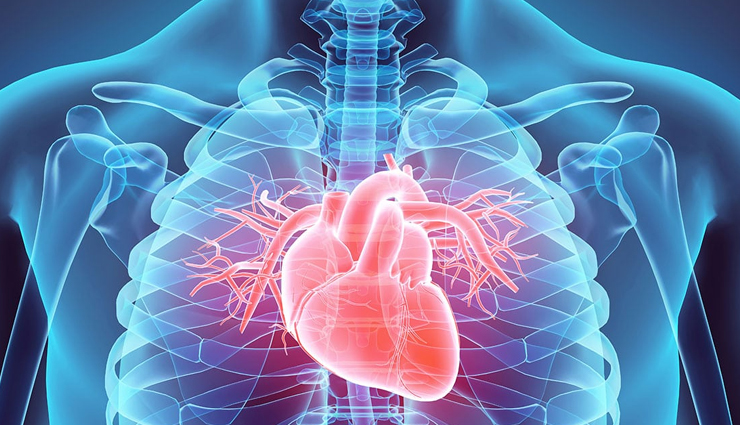Effective Tips For Storing Boiled Eggs In The Refrigerator
By: Priyanka Maheshwari Fri, 26 Jan 2024 10:35:44

Boiled eggs are a versatile and nutritious food item that can be prepared in advance for various meals or snacks. However, storing boiled eggs correctly is essential to maintain their freshness, flavor, and overall quality. In this article, we will explore some effective tips on how to store boiled eggs in the refrigerator to ensure they remain safe and delicious for an extended period.

# Cooling Process:
Allow boiled eggs to cool completely before storing them in the refrigerator. Plunge them into an ice bath for about 5-10 minutes to stop the cooking process and make peeling easier. Once cooled, pat the eggs dry with a paper towel to remove excess moisture.
# Peeling Carefully:
Peel the boiled eggs carefully to avoid damaging the egg whites. Cracks or breaks in the egg whites can lead to faster spoilage. Roll the egg gently on a countertop to loosen the shell, then peel it under running water to remove any remaining shell fragments.
# Storage Containers:
Use airtight containers to store boiled eggs in the refrigerator. Airtight containers prevent odors from other foods in the fridge from affecting the taste of the eggs and help maintain their freshness.
# Refrigerator Shelf Placement:
Place the airtight container with boiled eggs on a refrigerator shelf rather than on the door. The temperature on the door fluctuates more than on the shelves, and placing eggs there may expose them to temperature variations that can affect their quality.

# Labeling and Dating:
Label the storage container with the date when the eggs were boiled. Boiled eggs can be stored safely in the refrigerator for up to one week. Proper labeling helps you keep track of their freshness and ensures you consume them within the recommended time frame.
# Avoid Odor Absorption:
Boiled eggs can absorb odors from other foods in the refrigerator. To prevent this, store them in a designated egg compartment or use a sealed container to keep them separate from strong-smelling items.

# Avoid Seasoning Before Storage:
While it may be tempting to season boiled eggs before storing them, it's best to add salt, pepper, or other seasonings just before consumption. Seasoning too early can compromise the texture of the egg whites.
# Use a Baking Soda Solution:
If you notice any lingering odors in your refrigerator, consider placing a bowl of baking soda inside to absorb unwanted smells. This can help maintain the natural flavor of the boiled eggs.
Health Benefits of Eggs

# Rich Source of High-Quality Protein:
Eggs are an excellent source of high-quality protein, containing all the essential amino acids that the body needs. Protein is crucial for building and repairing tissues, supporting muscle health, and promoting overall growth and development.
# Nutrient-Rich and Packed with Vitamins and Minerals:
Eggs are a nutrient-dense food, containing essential vitamins and minerals. They are particularly rich in:
Vitamin B12: Important for red blood cell formation and neurological function.
Vitamin D: Essential for bone health and immune system support.
Vitamin A: Beneficial for vision, immune function, and skin health.
Iron: Vital for oxygen transport in the blood.
Choline: Critical for brain development and function.

# Eye Health Support with Lutein and Zeaxanthin:
Eggs are a good source of lutein and zeaxanthin, antioxidants that are beneficial for eye health. These compounds may help reduce the risk of age-related macular degeneration (AMD) and cataracts, promoting long-term vision health.

# May Help with Weight Management:
Including eggs in a balanced diet can contribute to weight management. Eggs are satiating, which means they can help you feel fuller for longer, potentially reducing overall calorie intake throughout the day. Additionally, the protein content in eggs supports muscle maintenance and may aid in weight loss efforts.

# Supports Heart Health - Moderate Consumption:
Contrary to previous concerns about cholesterol, current research suggests that moderate egg consumption is not associated with an increased risk of heart disease for most people. In fact, eggs may have positive effects on heart health. They contain unsaturated fats and can contribute to a favorable lipid profile, promoting a healthy balance of cholesterol levels.





